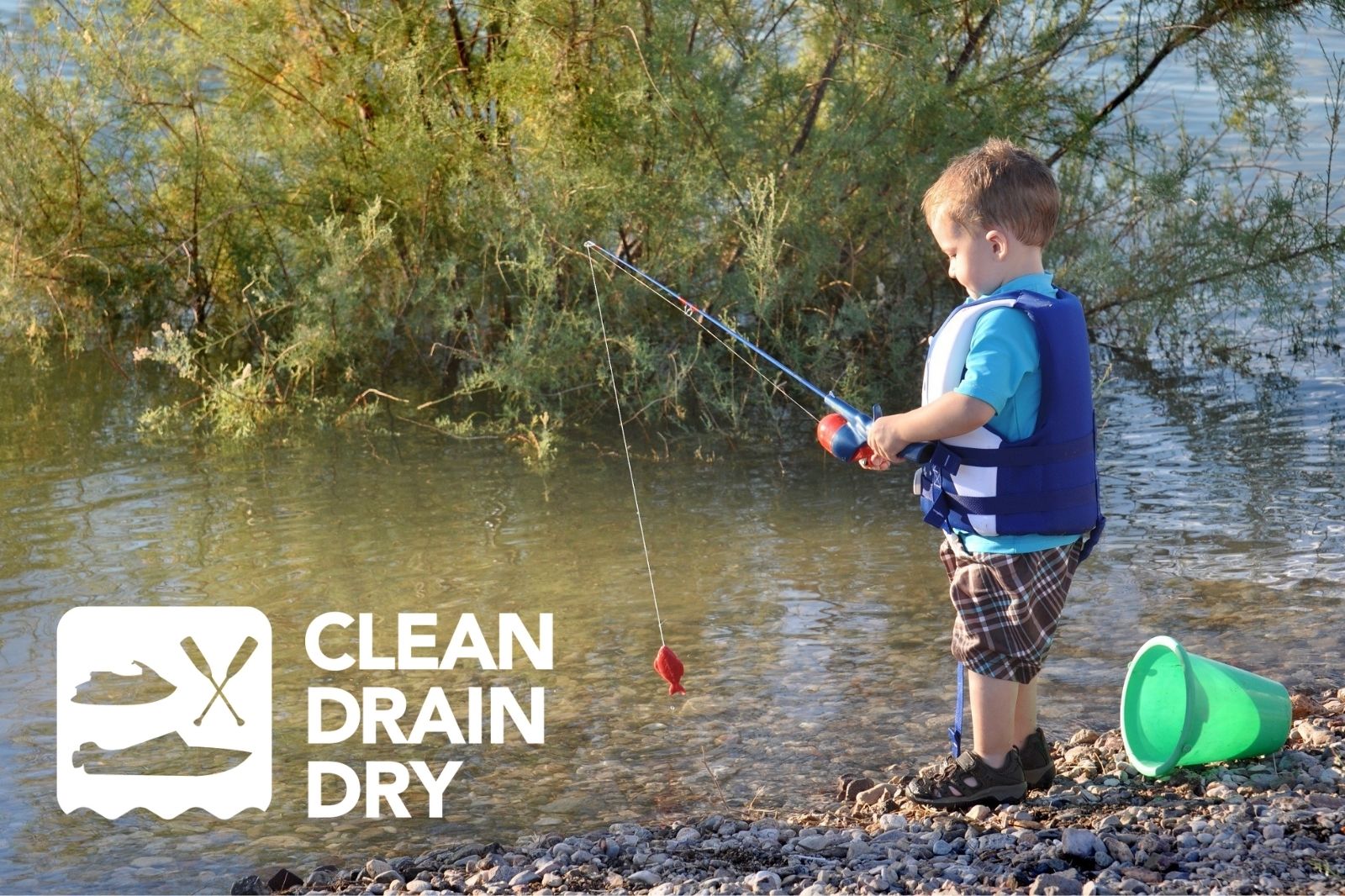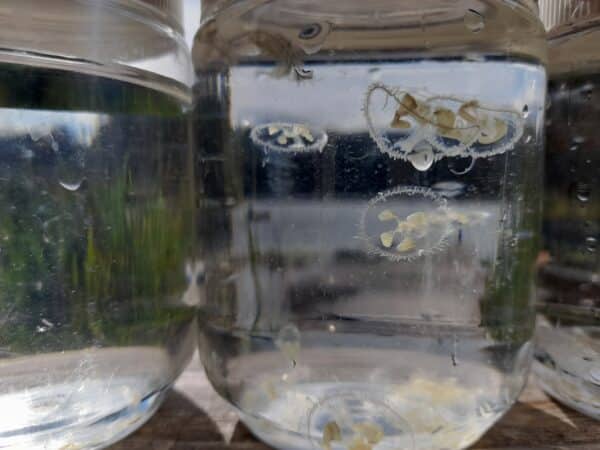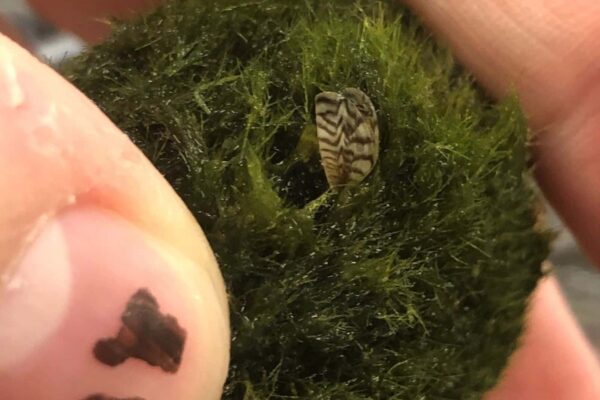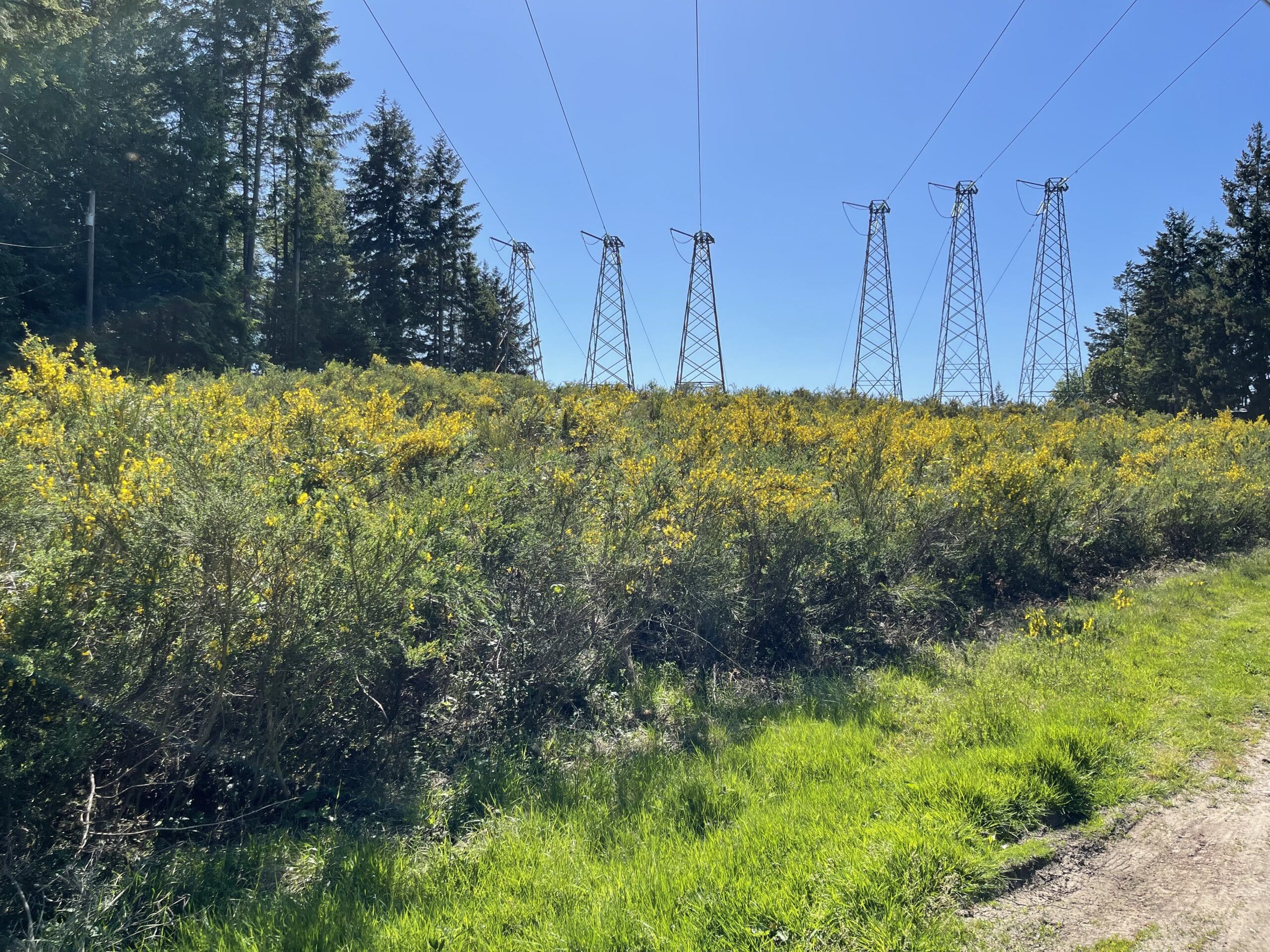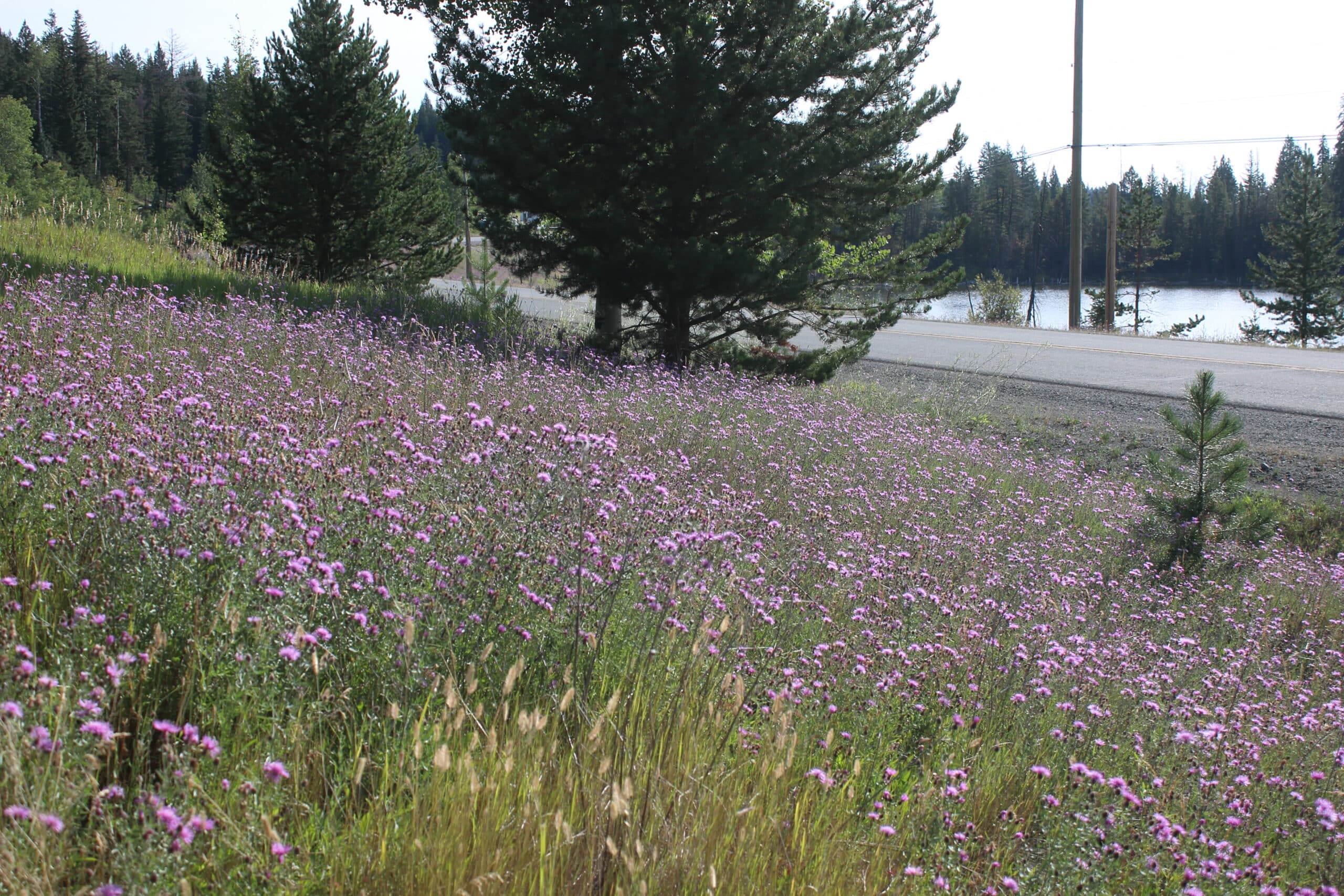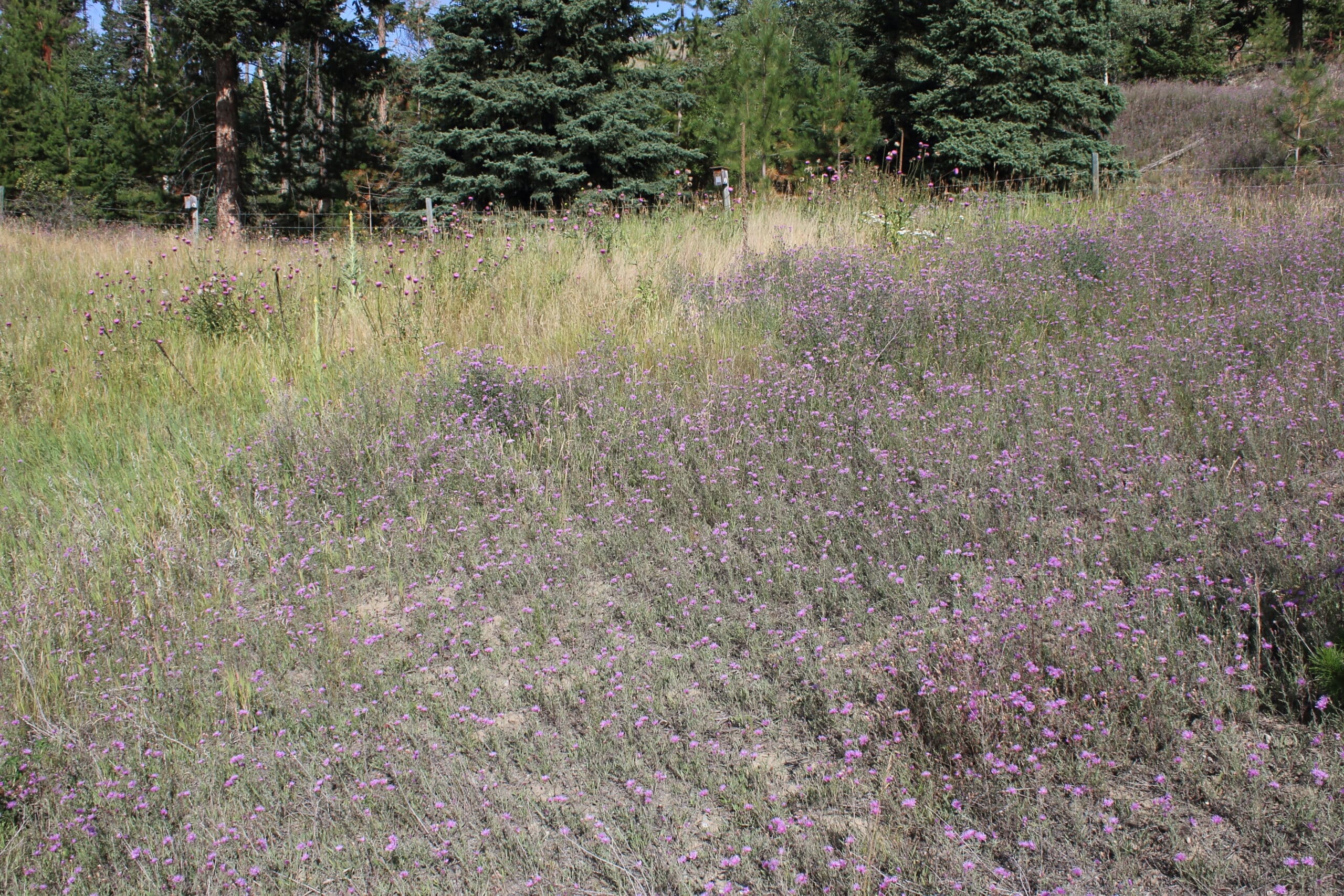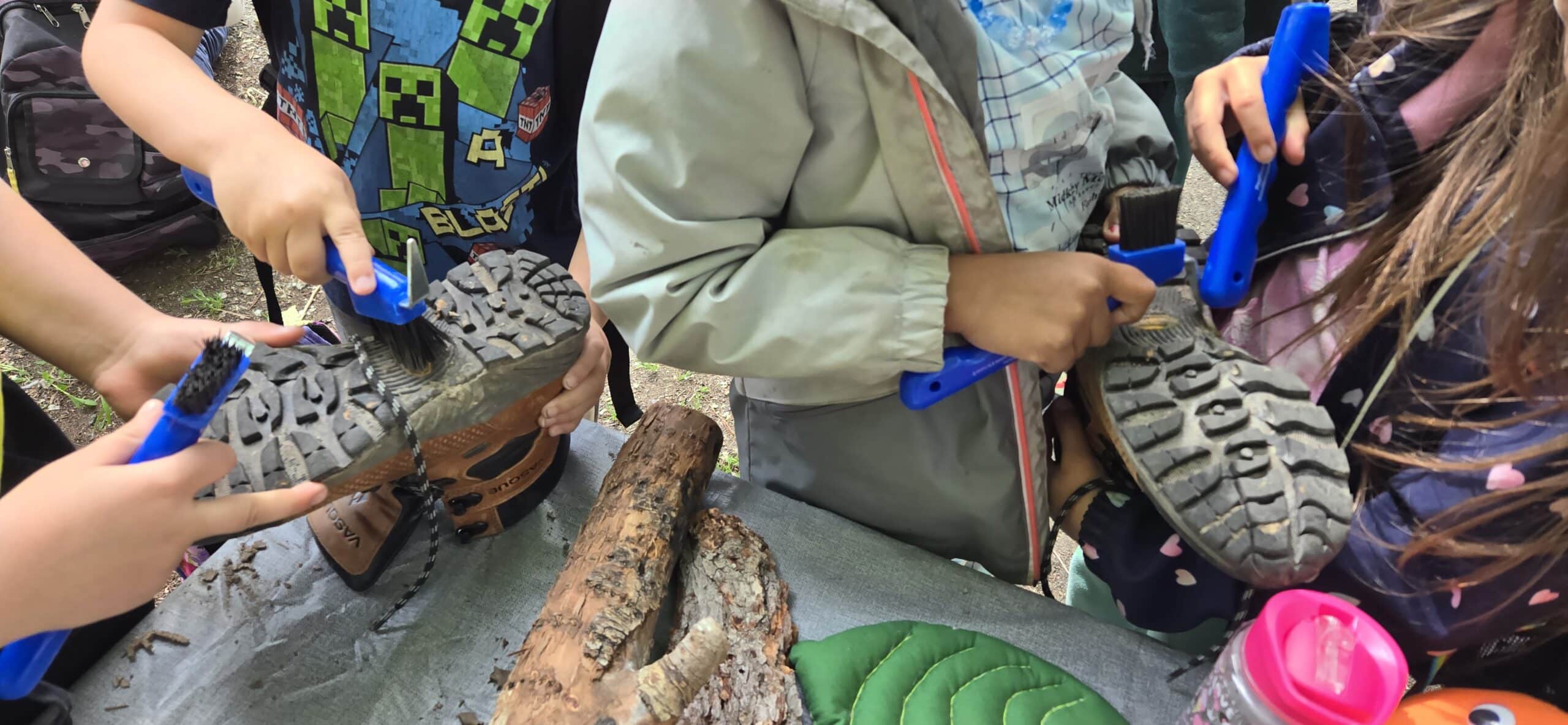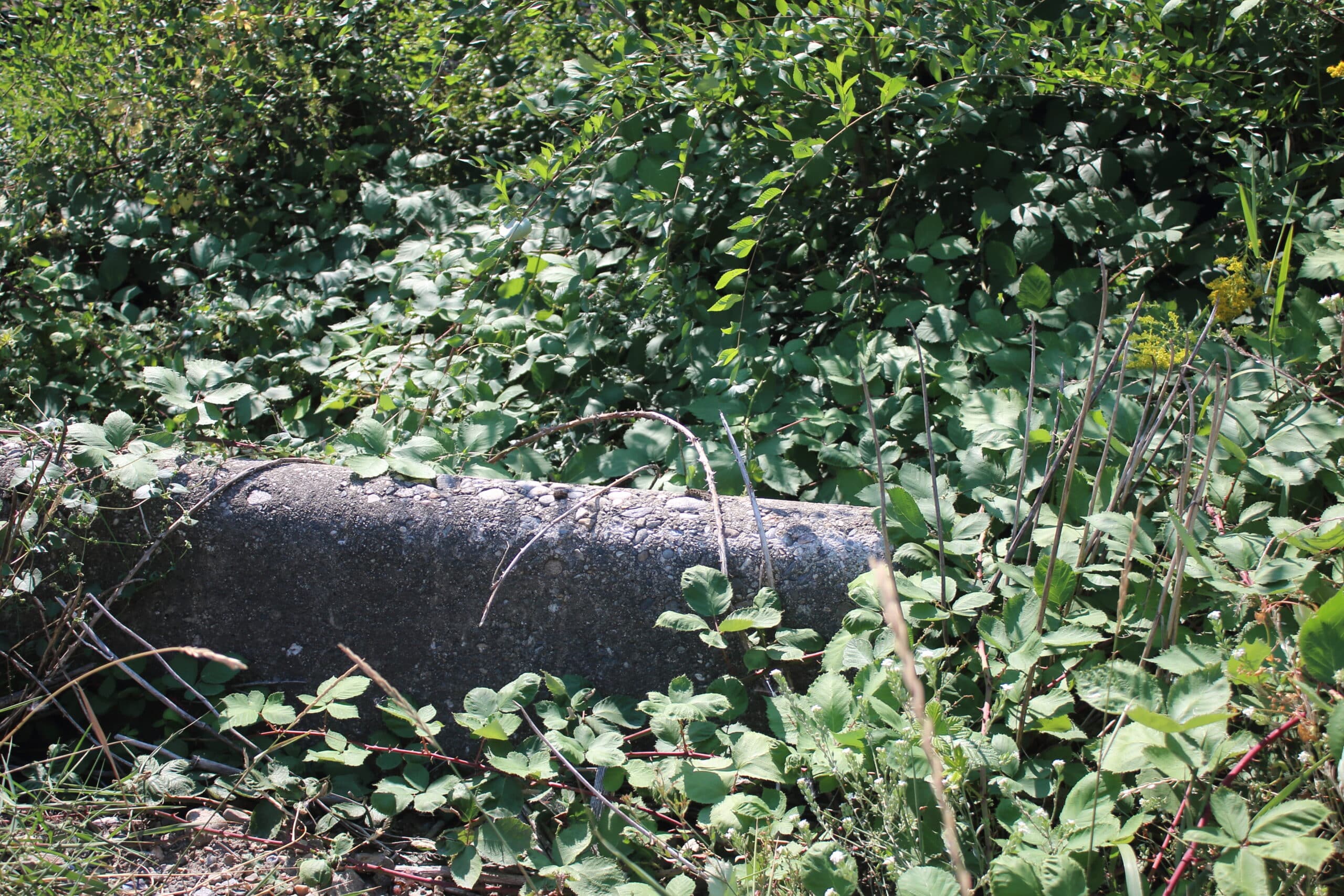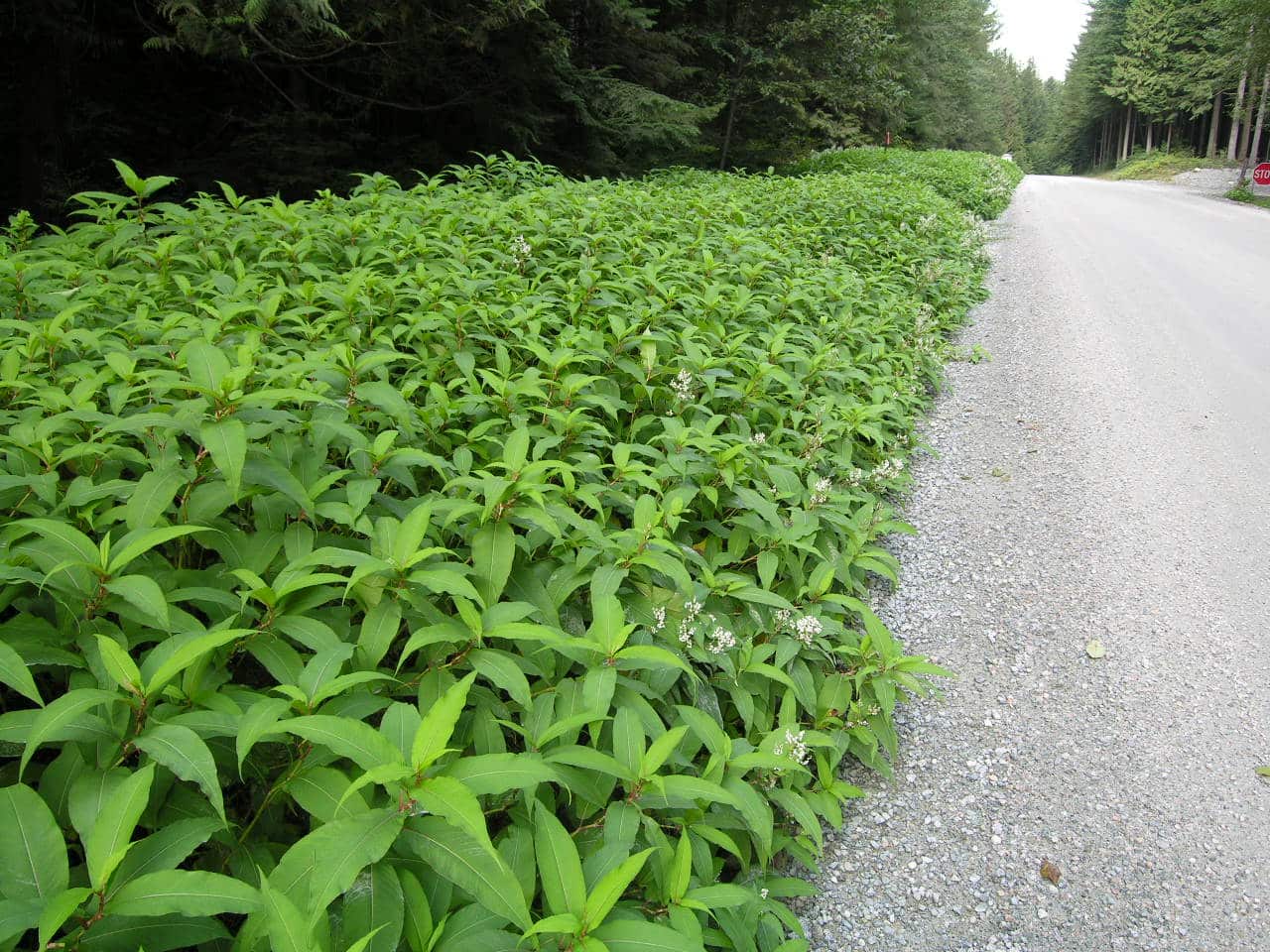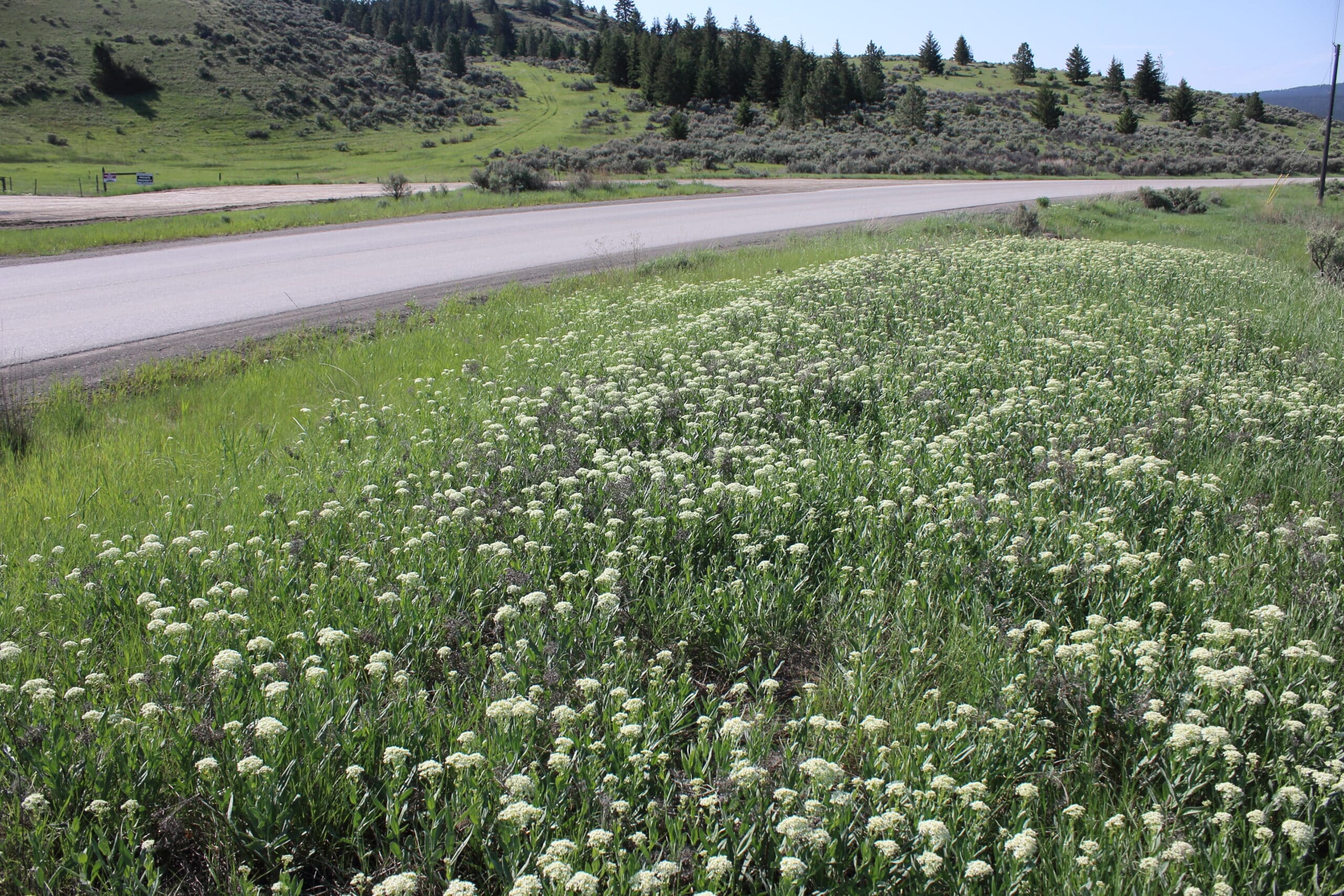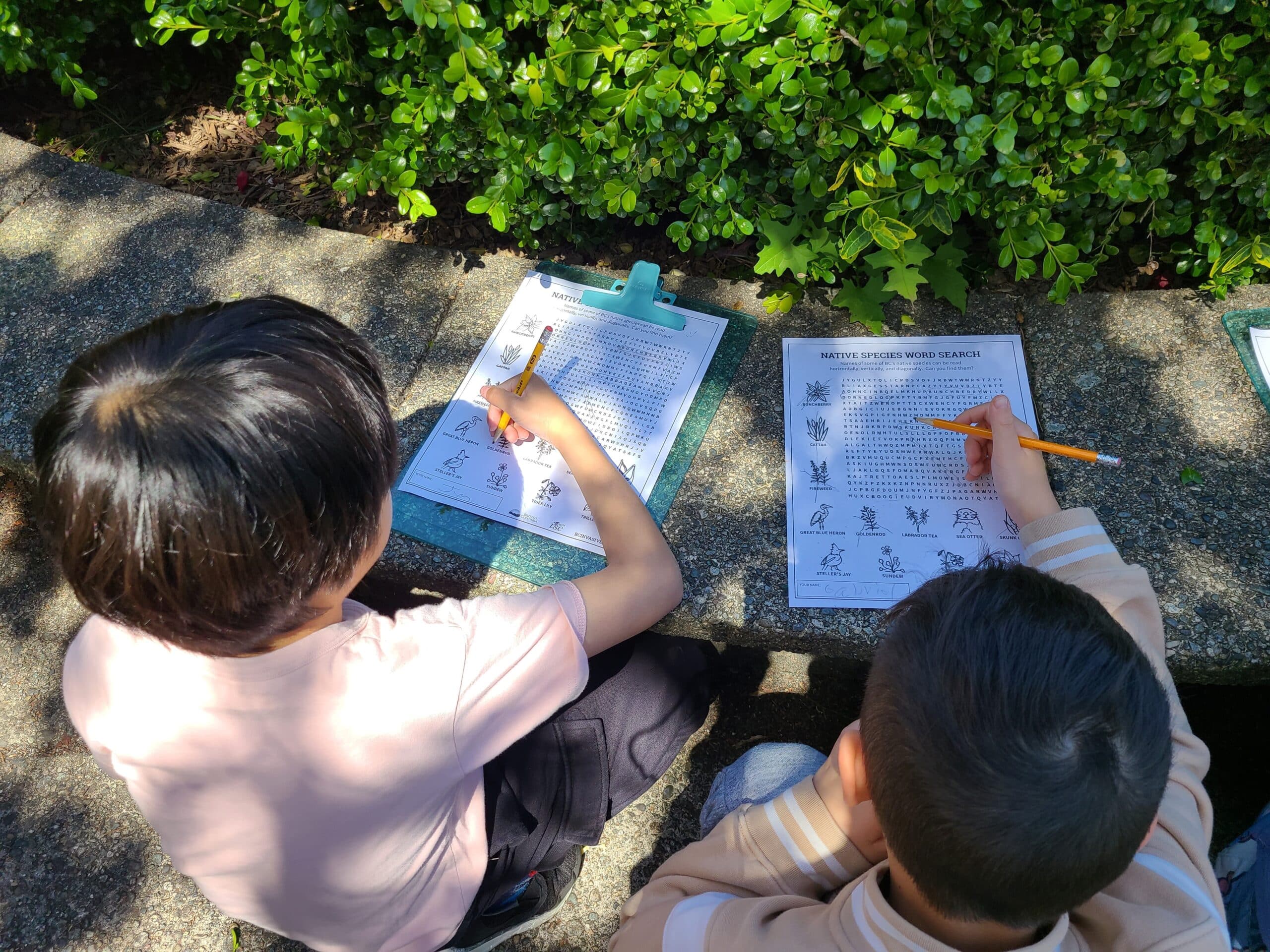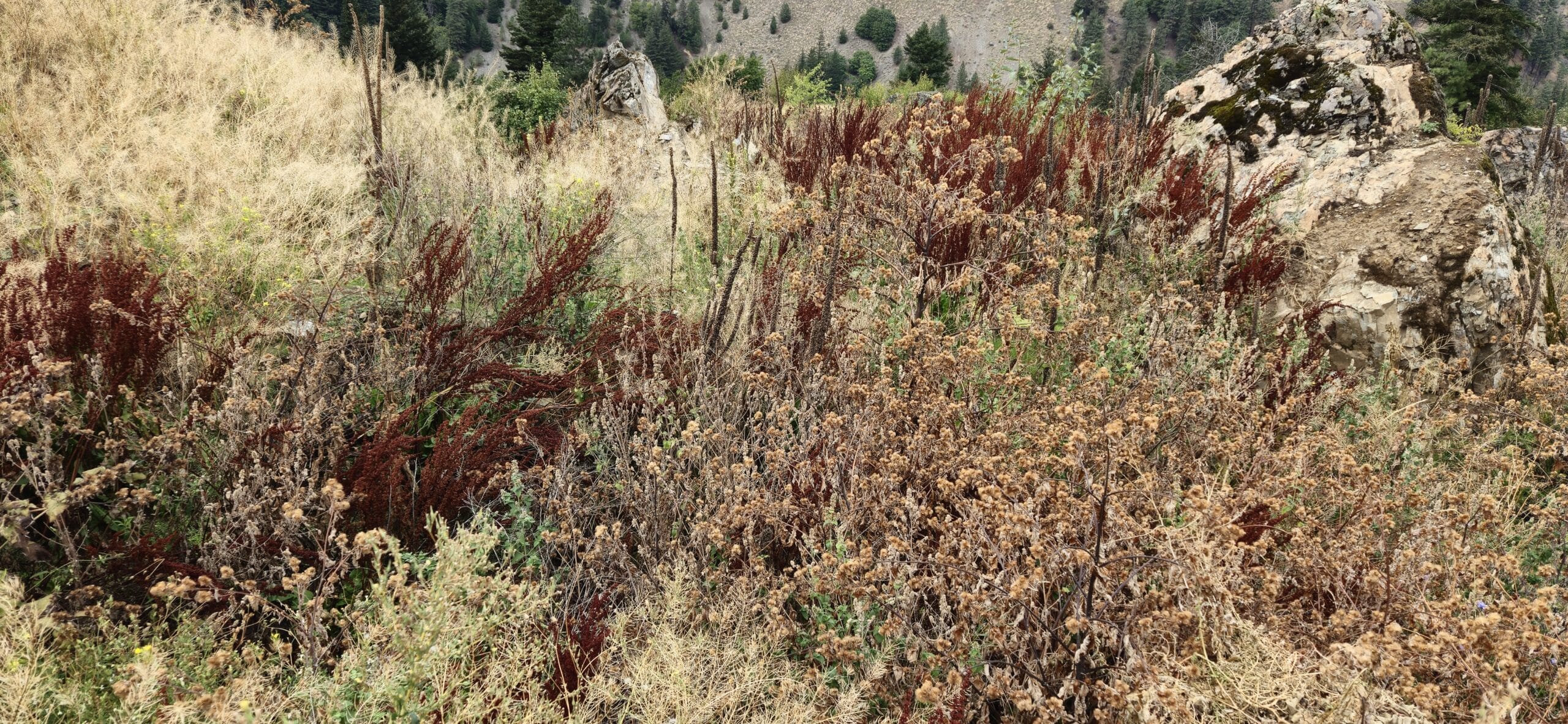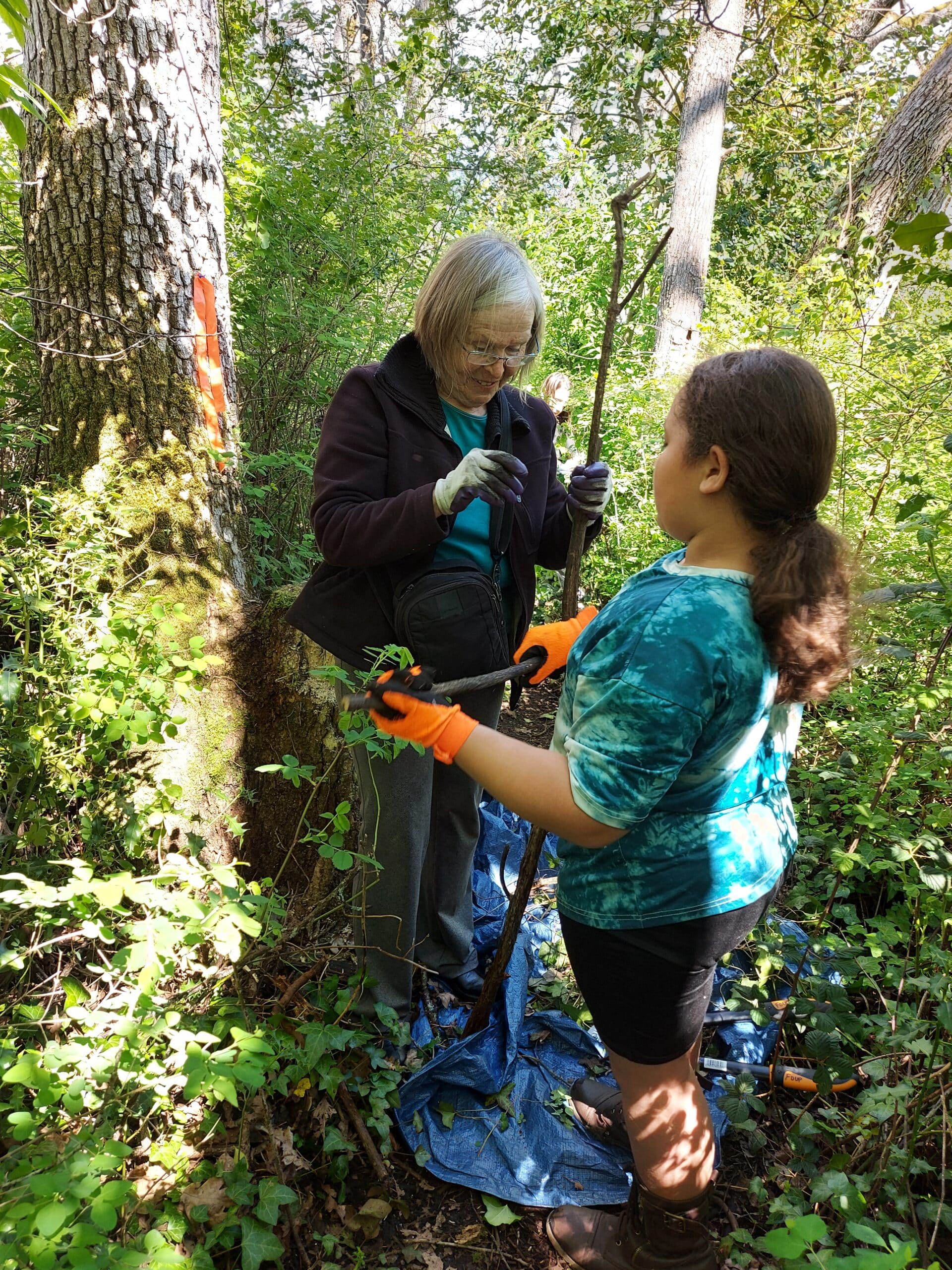(June 17, 2020 – Williams Lake, BC) Fishing and boating season is about to kick into high gear in BC. With Father’s Day approaching, anglers and boaters are reminded that they should always Clean, Drain and Dry their boats and gear to prevent the spread of aquatic invasive species.
“As many of us head out to our local fishing or swimming lake, this is a ‘fatherly’ reminder to take the time to make sure our equipment is clean, drained and dry,” says Dave Bennett, Chair of the Invasive Species Council of BC (ISCBC). “With this small step, we can avoid accidently moving invasive species from one water body to another. Help protect our waters.”
The Clean Drain Dry pilot program was launched by ISCBC in BC and is now being expanded as a national program. Anyone using watercraft on a waterbody, including lakes, rivers, oceans and streams, is asked to clean, drain and dry all boats and equipment to help reduce the spread of invasive plants and organisms. Information is provided to boaters through a television advertising campaign, social media, and resources at boat launches. Materials are also shared by local lakeside stewardship groups.
Even as many British Columbians stay closer to home with some borders closed, ISCBC is reminding boaters that they still need to stay vigilant to prevent spreading aquatic invasive species. By moving boats and other watercraft invasive species can unknowingly be brought to new lakes, streams and wetlands.
Aquatic invasive species are non-native species, including plants, animals, invertebrates and micro-organisms that can harm the environment, economy and society. Over 130 different aquatic invasive species have already spread to British Columbia, including Eurasian watermilfoil, Purple loosestrife, Parrotfeather, Largemouth bass, Red-eared slider turtle, Rusty crayfish and American bullfrog. Many of these plants and animals continue to spread causing serious damage, such as clogging waterways, reducing habitat, outcompeting native biodiversity and impacting recreational activities like, fishing and swimming.
Invasive mussels attach to boats and trailers and can be spread long distances over land while attached, as well as in ballast water. If zebra and quagga mussels were introduced into BC waters, it would cost about $43 million per year in damages to infrastructure, hydropower facilities, water treatment and recreational boaters, besides having significant impacts on native biodiversity.
To learn more about Clean Drain Dry and preventing the spread of invasive species, visit bcinvasives.ca.
About the Clean Drain Dry program in BC
The Canadian Council on Invasive Species is pleased to work in partnership with the Invasive Species Council of BC and funding from Fisheries and Oceans Canada in launching the Clean Drain Dry program in BC, as the foundation for a national program. The project aims to encourage boaters and aquatic recreationists, who play a critical role in protecting local watersheds from invasive species, to Clean, Drain, and Dry all boats and equipment. Over a three-year pilot term, resources, signage and a social and digital media campaign will be implemented to shift the behaviour of boaters and aquatic recreationists to encourage the practice of Clean, Drain and Dry.
About the Invasive Species Council of BC
ISCBC is dedicated to keeping our landscapes and communities free of invasive species. It provides a coordinated, province-wide approach to reducing the impact of invasive species in B.C. ISCBC unites efforts across the province and collaborates with a variety of partners to develop unique solutions for the wide variety of ecosystems across B.C.
About the Canadian Council on Invasive Species
The Canadian Council on Invasive Species works collaboratively across jurisdictional boundaries to support actions and information that can help reduce the threat and impacts of invasive species. Invasive species councils, committees, and coalitions representing provinces and territories across Canada worked together to establish this federal society to work together to reduce the impact of invasive species across the country.
Media contact:
Gail Wallin
gwallin@bcinvasives.ca
250-305-9161
Share


